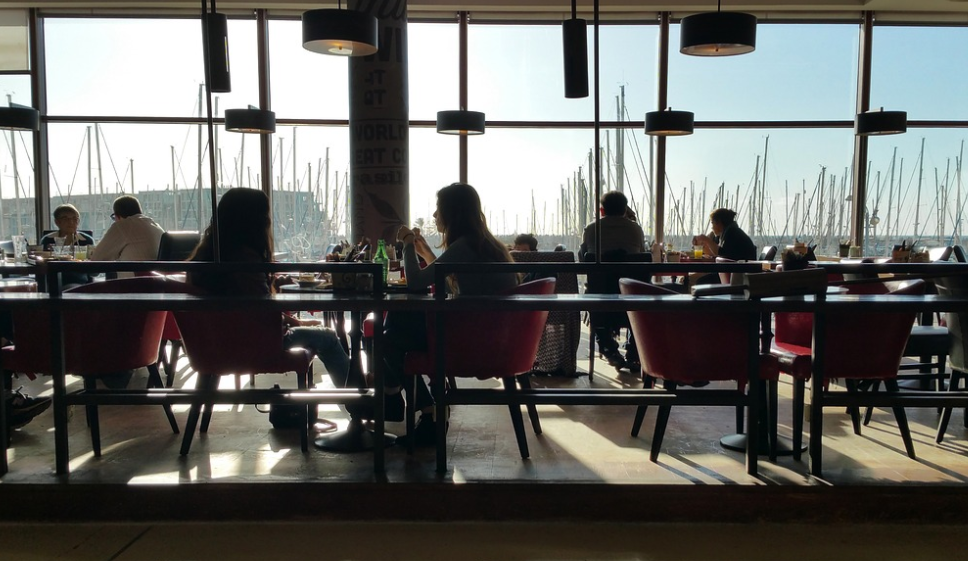Finland was never a part of the Axis Powers during World War II, but they were still heavily impacted by the war. This blog post will take a closer look at what life was like in The Lapland War. We’ll explore the war’s effects on Finnish society, economy, and politics. Finally, we’ll discuss the country’s eventual liberation in 1944.
The Postwar Period
 After the end of World War II, Finland experienced a reconstruction period. This was a time when the country worked to rebuild its economy and infrastructure. The war left Finland with a large debt and it struggled to recover. In addition, Finland lost some of its territories due to the war. The Soviet Union annexed part of Finnish territory, and Finland also had to cede some land to Sweden.
After the end of World War II, Finland experienced a reconstruction period. This was a time when the country worked to rebuild its economy and infrastructure. The war left Finland with a large debt and it struggled to recover. In addition, Finland lost some of its territories due to the war. The Soviet Union annexed part of Finnish territory, and Finland also had to cede some land to Sweden.
Despite the challenges, Finland eventually emerged from the postwar period as a prosperous country. The country’s economy recovered, and its standard of living increased. In addition, Finland joined the European Union in 1995, further solidifying its place in the international community.
Nordic Cooperation
Nordic cooperation refers to the cooperative efforts among the Nordic countries of Denmark, Finland, Iceland, Norway, and Sweden. The purpose of this cooperation is to promote harmony and prosperity among the countries and tackle various issues and challenges they face jointly. One of the main goals of Nordic cooperation is to create a strong and vibrant region that can compete effectively in the global economy. The countries have been working together by promoting free trade, investing in research and development, and improving the business environment.
Nordic cooperation has also been focusing on social issues, such as ensuring equality and social inclusion. The countries have been working to improve access to education and health care and reduce poverty and social exclusion. Nordic cooperation is essential to the European Union’s (EU) efforts to create a more cohesive and prosperous Europe. The EU has been working closely with the Nordic countries to promote economic growth and jobs and improve social cohesion.
Domestic Affairs
 The first session of the 14th National People’s Congress opened on March 5, 2013. The state budget report showed that China’s fiscal revenue and expenditure in 2012 were 16.1 trillion yuan (US$2.6 trillion) and 17.6 trillion yuan (US$2.8 trillion), respectively, with a fiscal deficit of 1.35 trillion yuan (US$216 billion). The fiscal deficit was equivalent to 2.1% of GDP, and the government planned to keep the fiscal deficit at or below this level in 2013.
The first session of the 14th National People’s Congress opened on March 5, 2013. The state budget report showed that China’s fiscal revenue and expenditure in 2012 were 16.1 trillion yuan (US$2.6 trillion) and 17.6 trillion yuan (US$2.8 trillion), respectively, with a fiscal deficit of 1.35 trillion yuan (US$216 billion). The fiscal deficit was equivalent to 2.1% of GDP, and the government planned to keep the fiscal deficit at or below this level in 2013.
Premier Wen Jiabao said the Chinese government would maintain a “prudent” monetary policy in 2013 and continue implementing a “proactive” fiscal policy. Despite being heavily impacted by the war, Finland was eventually able to rebuild and emerge as a prosperous country. The country has been working to improve its economy, social welfare, and international standing. In addition, Nordic cooperation among the Nordic countries has played an essential role in promoting regional integration and prosperity.




